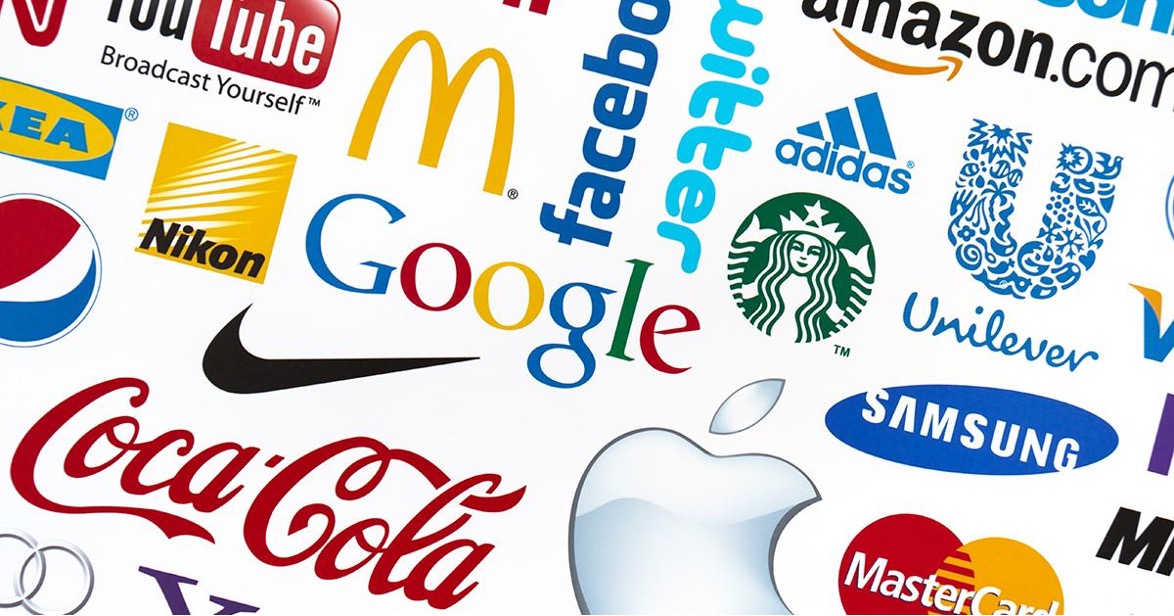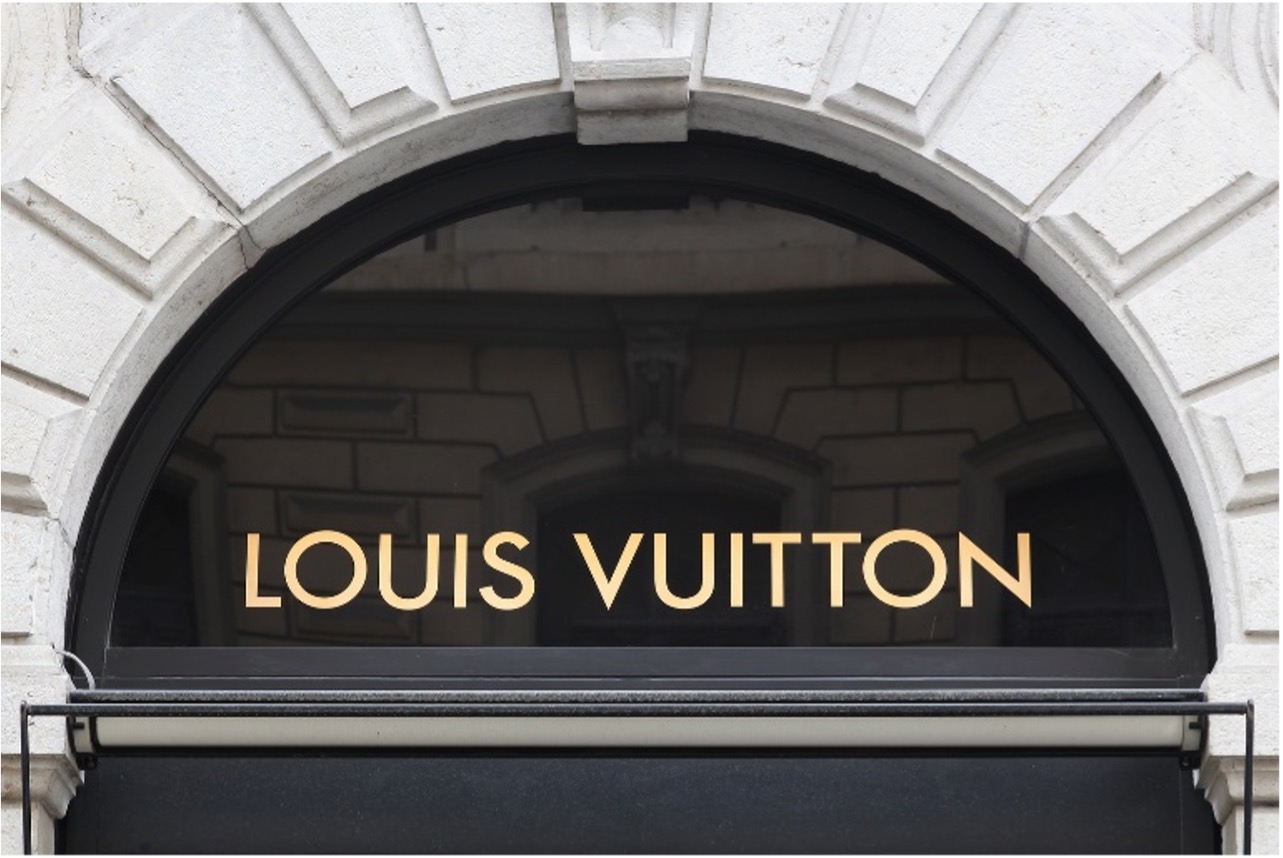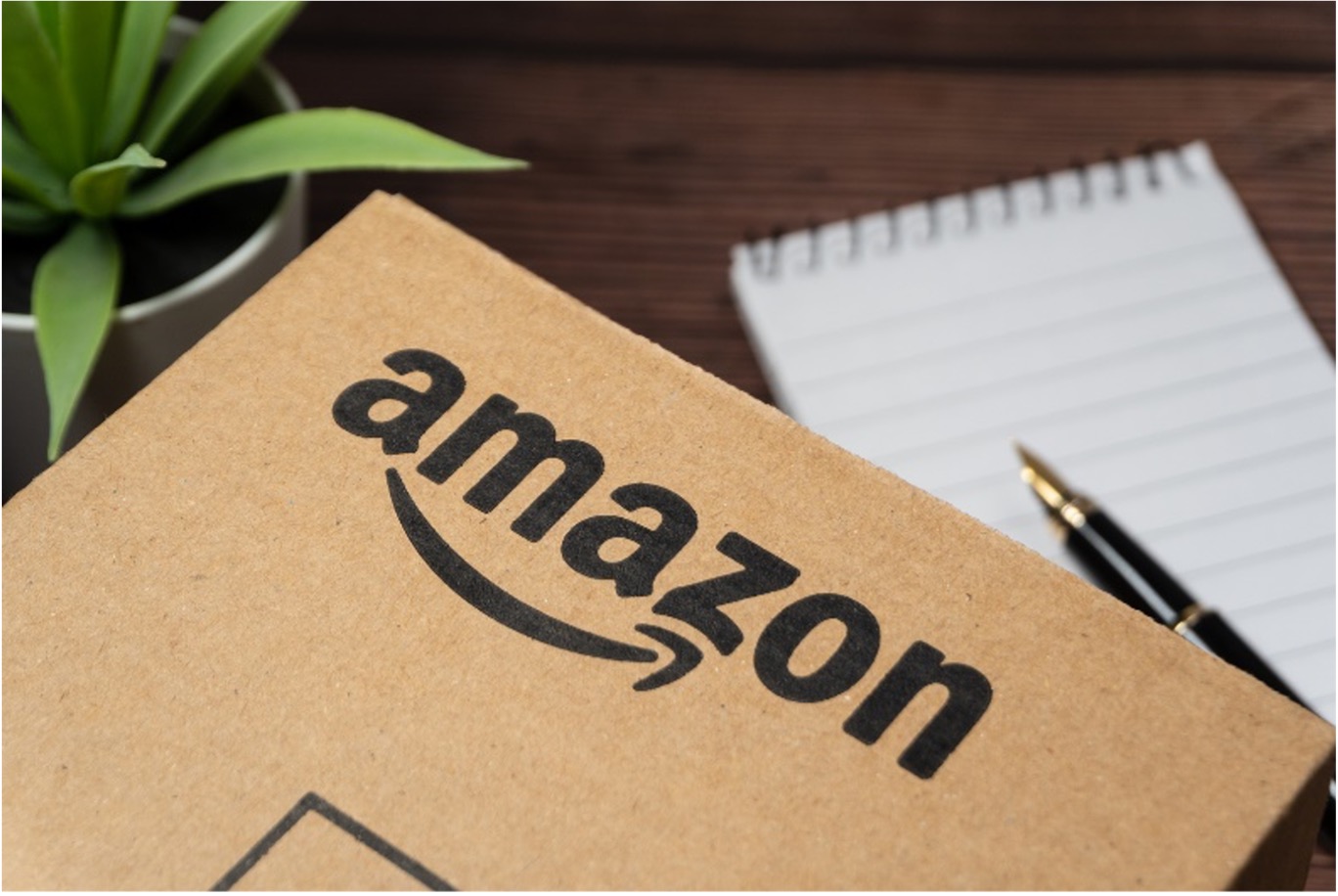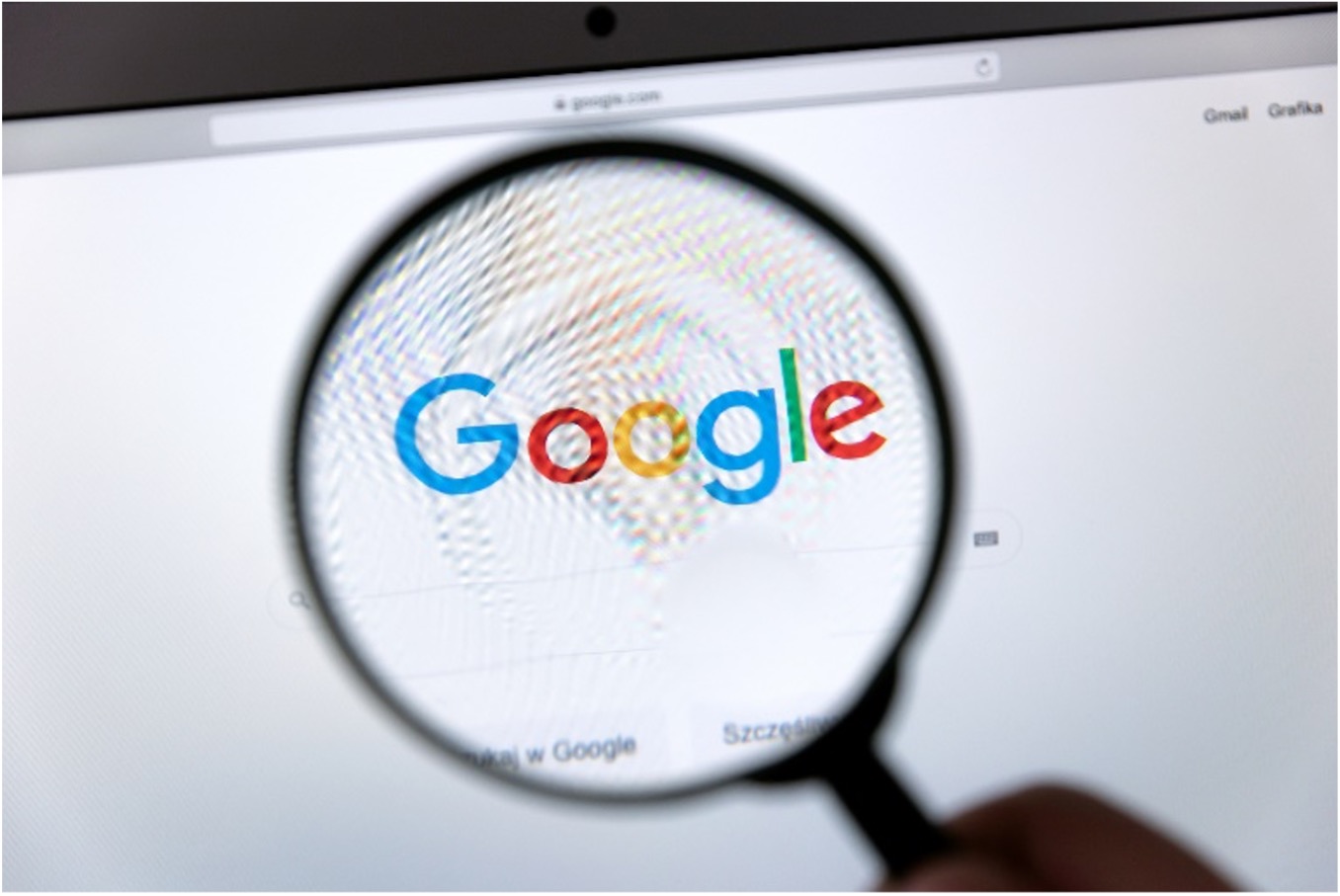The biggest brands in the world – what are they doing right?

Visual Capitalist suggests that investors and key analysts can learn about a brand’s true value by assessing its value outside of the quarterly earnings reports they typically release. By doing this, we can establish a better sense of a company’s market value, as well as brand loyalty, assess the features of the consumer’s relationship with the brand and how valuable the brand or company is based on its earning potential.
With COVID-19 affecting consumerism greatly (read more about that here), the top 5 most valuable brands of 2020-2021 are all tech companies that serviced services and products that could be accessed or purchased online.

However, across all industries and all platforms, some brands have remained on top despite plummeting retail sales, but an increase in share price (see the list here).
In the end, what really are the biggest brands in the world and what are they doing so right that keeps them on top?
So… What are the biggest brands in the world?
To better unpack which brands have had sweeping success over decades and truly kept their mark, we explore three of the biggest and most valuable across multiple industries and elaborate on what exactly it is that they did right.
1. Louis Vuitton Moet Hennessy – LVMH, Fashion, Beauty & Alcohol
In the case of LVMH, it’s suggested that e-Commerce has contributed significantly to the companies incredible success and the overall luxury business. Flow Bank reports that the luxury market took a giant leap in value and consumer sales through two avenues:
- A growing middle-class tapping into the luxury market.
- e-Commerce and social media allowing brands to be more easily accessible and reach a wider clientele.However, what has truly made LVMH so incredibly profitable is not only Louis Vuitton’s very popular (and extremely sought after) monogram design but also the fact that the company group owns major other competing luxury brands like Dior and Givenchy, and major cosmetics retailer Sephora. In the fashion industry, LV has skyrocketed as one of the greatest brands of all time, making its founder one of the richest people in the world (read more about that here). More, the group also owns the luxury Moet Hennesy alcohol brand. Tapping into the feeling of elitism while mixing in proportionate amounts the need for literally everyone to own a luxury bag, LVMH has succeeded in becoming one of the greatest and most valuable brands ever, and has also only really competed with itself in the luxury market. To see a list of all listed companies the LVMH group has acquired, click here to read more.

2. Amazon – e-Commerce
Amazon has notably been one of the fastest-growing companies in the world reaching a market value of $260.5bn according to Forbes. Amazon’s success is largely attributed to how convenient and accessible the retailer is – offering its buyers multiple options for the same product at competitive prices, a quick delivery turnaround time and major share value on the stock market.
Importantly, part of Amazon’s major success also lays in the fact that the site was notably the first e-commerce site to offer buyers the “buy now” option (read more about that here).

3. Google – Technology
Google is by far the most popular and established Tech company in the world. With the company name becoming a verb sometime in the early 2000s, Google quickly grew to become the internet’s favourite and most used search engine in the world.
While holding innovation key to their growth, Google has popularly become known as one of the coolest companies to work for.
With Google continuing to elevate their services through Google My Business, Google Workspace and of course, the ever so popular Gmail, Google has quickly risen to fame for making the internet so easy to use and adapt and thus, their share value has only ever increased over time. The tech company is currently worth $145.6bn according to Forbes.

Conclusion
Across industries, what these three brands have managed to do is really assess and assert their market value on the stock exchange, making their companies even wealthier. But what’s more important is that each of these companies offered a solution, product or service that suited the needs for the very people they were targeting. LVMH relies heavily on the luxury consumer and has quickly established itself to being the pinnacle of luxury brands. Likewise, Amazon has become exactly that as the pinnacle of all e-commerce, easy and affordable retail. Google in itself has built up a reputation for always having the answer. While none of these three listed companies offer the same services, all three have done amazing work at establishing their brand identity.
